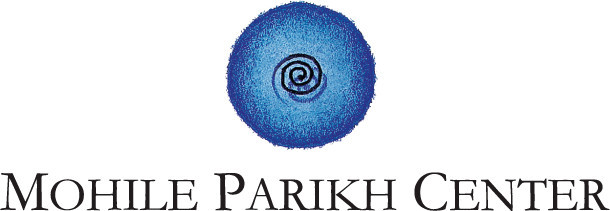What is Thinking?
Instructor: Sundar Sarukkai
October 14 to 16, 2011 | 9:30 am to 5:30 pm
YMCA Seminar Room, Mumbai
Why a course on thinking? After all, if there is anything that we think we do all the time, it is thinking. But then here is the sad truth: thinking is a skill, is a method, and has to be taught.
What does it mean to teach thinking? It is to recognize what thinking is, what happens to us when we think, how we actually think, the different ways by which we think. It is to understand what is meant by critical thinking and creative thinking, to reflect on the different types of thinking and imagining that characterizes art, science and philosophy. It is also to recognize why philosophy is fundamentally about understanding the nature of thinking.
What might one learn from this reflection on thinking? Here is a wish-list:
• learning to be aware of what we do when we think
• understanding the relation between thinking and language
• an introduction to the philosophy of mind
• nature of logical thinking and creative thinking (not that they are opposites of each other!)
• theories of imagination
• learning to read and write (no, this is not an adult literacy class but reading and writing are fundamentally related to the skills of thinking)
Warning: This course will be injurious to your health – it is not a management course but one that draws primarily on philosophy.
Day 1: On Thinking about Thinking
We will begin with exploring the experience of thinking. What happens to us when we think? How do we recognize the elements of this experience? What does an awareness of this experience teach us about the nature of thinking? Does thinking involve the body or only the mind? How is it that many of us think alike if thinking is such a private activity? What is the special relationship between the mind and the act of thinking? And yes, by the way, what exactly is this thing called the mind?
We will also begin the exploration of the relation between thinking and language. Is all thinking in language? Can we think without any ‘language’? Do we think better in any specific language? Do we think in pictures? Is that also like thinking in language? If we think in a language does it mean that my thinking is constrained by that language? What exactly do we think about? Ideas? Concepts?…
Day 2: Critical and Creative Thinking
We will try and understand the nature of logic and its relationship with thinking. Why has logic often been referred to as the ‘laws of thought’? Does logic force us to think in the same manner? We will look at different types of logic, including Indian logic, to understand some basic truths about thinking. Is thinking a particular form of reasoning? Is scientific thinking a form of critical thinking?
The second session will be on creative thinking. Is creative thinking a skill? Can it be taught? Is it a method? What does it mean to be a creative thinker? How does creativity arise? Is all of artistic thinking creative thinking? Is there a relation between artistic thinking and logical thinking? Is creativity in science different from creativity in art?
Day 3: From Imagination to Reading/Writing
Is imagination a form of thinking? But what is so special to imagination? How have various thinkers understood the nature of imagination? We will look at various theories of imagination to get a grasp of this elusive concept.
Thinking and imagination have an essential relationship with the acts of reading and writing. What is so special to reading and writing? After all, these are skills we learn in primary school. Hmm. Think again. And again. We actually do not know how to read. And do not know what we are doing when we are writing. So we will think about how thinking is related to the acts of reading and writing.
Welcome to the land of philosophy where nothing is what it seems.
Sundar Sarukkai is Professor and Director, Manipal Centre for Philosophy and Humanities, Manipal University, where an innovative MA program in interdisciplinary humanities has been started. He is trained in physics and philosophy, and has a PhD from Purdue University. His research interests include Philosophy of Science and Mathematics, Philosophy of Language and Philosophy of Art. Sarukkai has been a Homi Bhabha Fellow, Fellow of the Shimla Institute of Advanced Studies and PHISPC Associate Fellow. He is the author of the following books: Translating the world: Science and Language, Philosophy of Symmetry, and Indian Philosophy and Philosophy of Science. His forthcoming books include What is Science? and The Cracked Mirror: An Indian Debate on Experience and Theory (co-authored with Gopal Guru).
